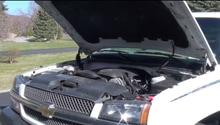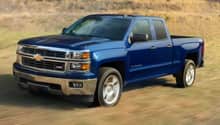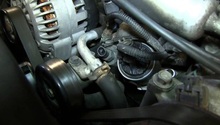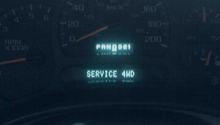Chevrolet Silverado: Why is My Truck Vibrating?
Vibrations are like squeaky noises and, while small, they could cause great annoyance. Find out some possible causes.
This article applies to the Chevrolet Silverado 1500 GMT800, GMT900, and K2XX (1999-Present).
Vibrations, shaking, squeaking, or squealing, most of the time they are the telltale signs of a larger problem. And while that problem could be something so simple as incorrect tire air pressure, they could also lead to internal engine parts that cost big dollars. Unfortunately, being able to tell apart benign vibrations from the bad ones can take time and, in some cases, multiple trips to a mechanic or expert. Some vibrations can be felt at the steering wheel, some in the driver's seat, and some even in other isolated areas like only the backseat. This is why we've compiled a guide of the most common reasons for why your Chevy Silverado could be experiencing some abnormal vibrations. If this guide doesn't help you narrow down the cause, then you might want to visit a professional shop.
Step 1 – Check your wheels and tires
They could be under-inflated, bent, or damaged.
Tires and wheels cause 80% of abnormal vibrations reported to dealerships every year. The reason for this is that the tires and wheels are the only two elements that not only connect your Silverado to the road underneath you, but they also absorb the entire weight load of the truck. So under so much stress, a variation of just a few pounds of air pressure or a slightly bent wheel gets maximized and it translates into a vibration.
To fix this issue:
- Follow the manufacturer's stated tire pressure.
- Have the wheels and tires balanced.
- Have the wheels checked for cracks or bends.
- Have the tires evaluated for tread wear, belt damage, or sidewall damage.

If the result of checking the wheels and tires doesn't correct the issue, then move on to the next step.
(Related Article: How to Determine Proper Tire Pressure - ChevroletForum.com)
Step 2 – Check the brakes
They could need some adjusting.
Brake pads/shoes and brake rotors can sometimes be the source for vibrations. The brake pads or brake shoes are designed to have marginal clearance from the brake rotor, which spins at the same speed as the wheels do. So if the clearance is any different than it should, it could create a vibration in the wheel that is then felt at the steering wheel. It has also been reported that the rear brakes could overheat and get warped, which could also cause vibrations. You can check the brakes yourself, visit a shop to have them adjusted, or have the rotors resurfaced.

If the result of checking the brakes has yet to yield any results, move forward to the next step.
Step 3 – Check the driveshaft
It could be loose, or out of balance.
Out of the three most common causes for vibrations, this is by far the most costly or complicated one. There have been numerous reports on Chevy forums about owners experiencing loose driveshaft joints, or out of balance driveshafts that lead to big vibrations at the wheel. A driveshaft is the large cylindrical pipe or link that connects the engine to the rear wheel axles. In short, it is what makes your tires turn and propels your truck. The driveshaft spins at fast RPMs while driving, and (just like a wheel) if it is loose or unbalanced, it will create a vibration. Have your dealer check the driveshaft joints, seals, and lastly replace the driveshaft to eliminate the vibration.
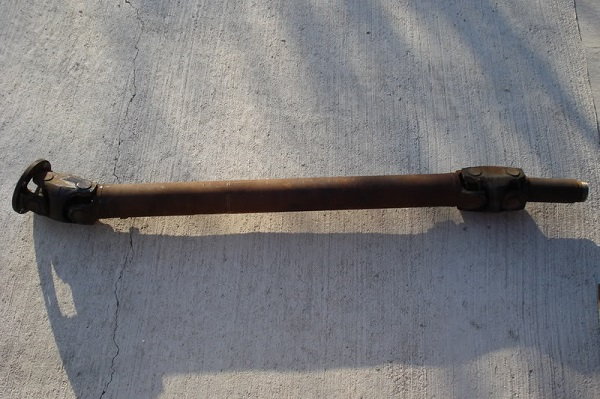
Related Discussions
- Bad Vibration on 2014 Silverado - ChevroletForum.com
- Multiple Vibrations on Various Silverado Trucks - ChevroletForum.com
- Excessive Vibrations? - ChevroletForum.com
- Vibration Issue - ChevroletForum.com



